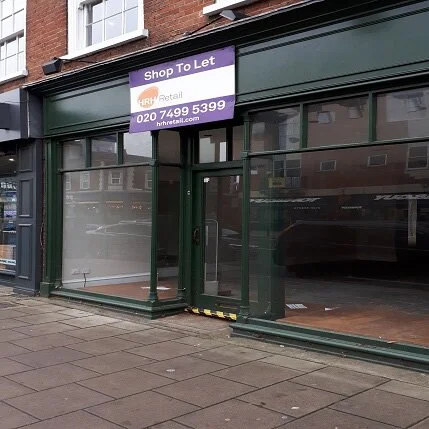Do you have a commercial property lease? Do you have one and it is due for renewal? Are you thinking of taking a lease? If you answer “yes’ to any of these questions then it’s wise to understand what obligations you have under “Covid” (Coronavirus) restrictions. It’s also wise to think about what might happen should we have to deal with “Covid 2 – just when you thought it was safe to go back to the office” at some point in the future!
Where does the liability lie?
Typically leases of commercial premises put all the liability on the tenant, with limited exceptions. So, the tenant takes over the premises and is obliged to keep them in good repair, regardless of the state in which they took them in the first place. They are obliged to comply with planning restrictions regardless of whether they are created later. The same applies with all statutory obligations. If unforeseen events occur which prevent the tenant getting into the property, let alone use it fully for the purpose they intended, tough luck! As a starting point the tenant must still pay the rent, service charge etc and comply with its other obligations in the lease however difficult that is to achieve, physically and financially.
Insurance – who pays?
Invariably the landlord will agree to insure against typically insurable risks, fire, flood and so on. This is not quite as generous as it may appear; given it is the tenant who is obliged to pay the premiums. It is the landlord’s capital investment after all, so they will wish to protect it. If the worst happens in terms of fire or flood etc, the tenant is let off the rent or a part of it, as the landlord will recover rent they would expect to receive from the insurers. Even so, the tenant has to be careful to watch out that they don’t have to pay rent again even when he cannot use the premises or perhaps simply does not want to.
Sometimes landlords will allow tenants to stop paying rent even when the risk has not been insured against. However, tenants will often have to press for the lease to state that before signing and landlords will try to avoid that being the case, if only by trying to leave the lease silent on the point.
The speed of change in the commercial property market
This leads us to the nub of the very topical issue highlighted in the heading. It is just possible, but rather unlikely I suppose, that some landlords have not heard about the pandemic. Apparently, there are a few remote islands far, far away that have not been affected by COVID, but even then there are very few communities who live in total isolation and certainly not many commercial landlords. The changed market conditions are well known.
Landlords have been known, from time to time, over the years, like slowly turning ships, to react remarkably slowly to market conditions and events. This reticence to react positively to a property market deeply affected by the ravages of Covid-19 is evident with some landlords recently in negotiations over brand new leases. The reticence also extends where the tenant has a right to renew under the security of tenure legislation relevant to commercial leases and, of course, in dealing with existing leases which were put in place before Covid 19 meant anything to most people.
How to protect your position
Take one of those situations. You want to take a new lease of premises you have never been associated with before. Assume that you will be liable to pay rent and everything else the lease obliges you to pay and do everything else it obliges you to do even if you cannot use the premises ever since day one as a result of the pandemic. If you want to cover yourself, make sure the lease expressly spells it out that you are not liable for paying rent etc and you have a right to break the lease if the problem persists for a period of time. However the drafting is not as simple as that. There will be a fair degree of nuancing, which one party or the other will insist on, if the basic principle is agreed, but that is the gist of it.
When you first see the draft lease there may be provisions you don’t like and want them deleted or changed. However you need to look beyond what is mentioned. The trick is seeing the things that are not covered. And, like Covid, apart from all its other horrendous features; its invisibility is exactly what distinguishes this enemy.
You have been warned!
Brian Shacklady – rhw Solicitors LLP
Call rhw’s commercial property lawyers on or email
Alternatively, complete our easy form with your enquiry.
Please note that this article does not constitute direct legal advice. This is a commentary about present market conditions. We advise anyone entering into, or renewing a commercial lease, to seek the advice of a qualified property solicitor.





